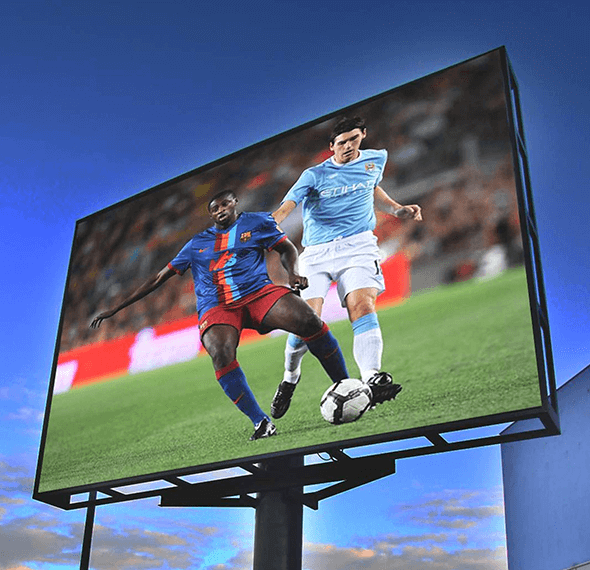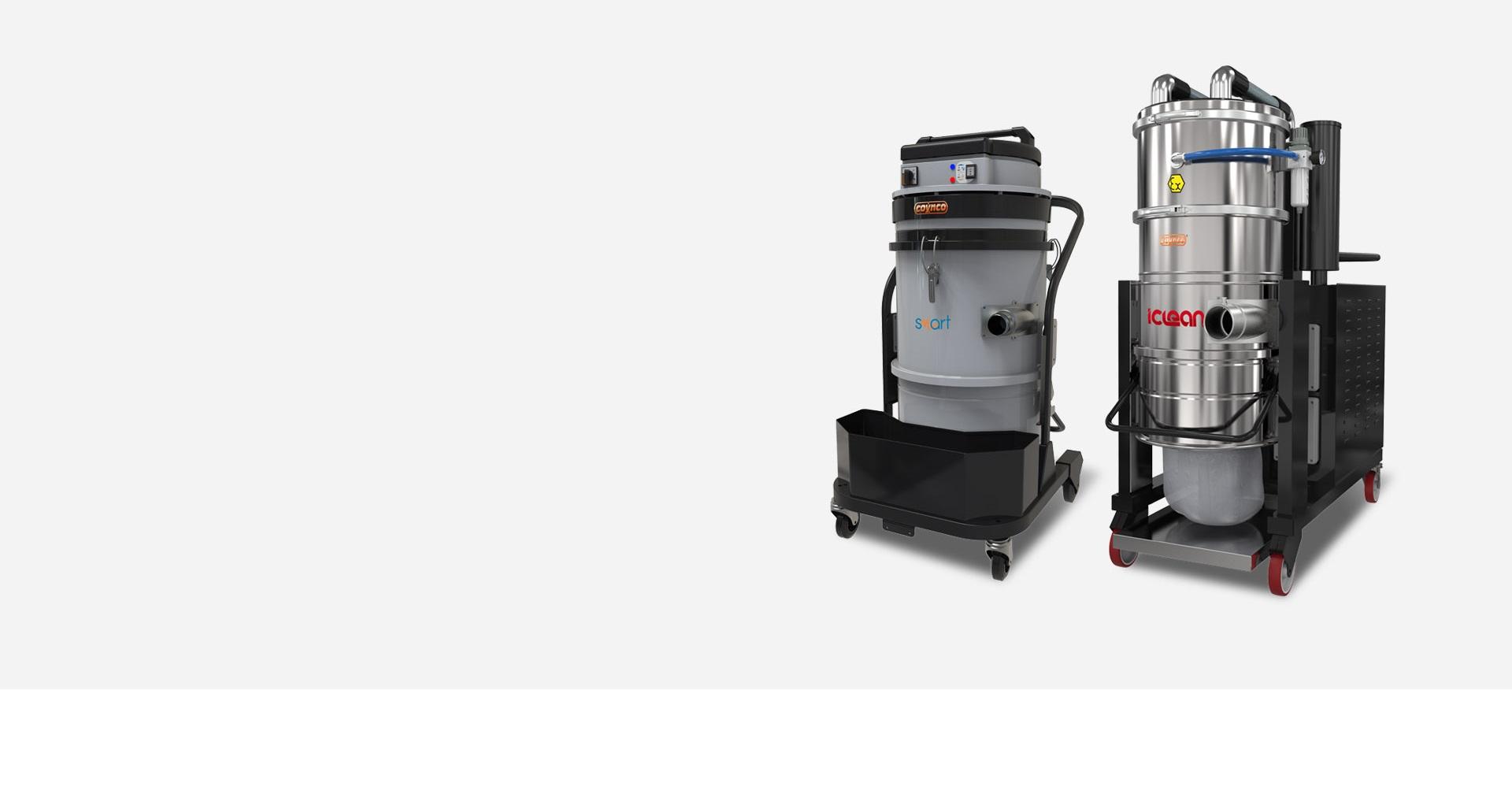Latest Trends in Outdoor LED Screen Technology

In recent years, the evolution of digital signage has dramatically transformed how businesses communicate with audiences, and one of the most significant developments is the advancement in Outdoor LED screen technology. With increasing demand for more immersive, energy-efficient, and weather-resistant displays, manufacturers and marketers alike are paying close attention to new innovations that push the limits of visibility, design, and functionality in outdoor environments.
High Brightness and Adaptive Display
One of the key trends in outdoor LED technology is the introduction of ultra-high brightness screens. Outdoor settings require displays that can compete with direct sunlight, and today’s screens are designed to deliver exceptional brightness levels of over 6,000 nits or more. Alongside this, ambient light sensors are now being integrated to adjust the brightness in real-time. This adaptive brightness control not only improves visibility throughout the day but also contributes to energy conservation, helping reduce power consumption and operational costs.
Enhanced Weather Resistance and Durability
Another major advancement is the improvement in durability and protection against environmental elements. The latest outdoor LED screens are manufactured with higher IP ratings, often IP65 and above, ensuring they are fully protected from dust, water, and humidity. This allows for year-round usage, even in extreme weather conditions like heavy rain or snow. The use of corrosion-resistant materials and advanced sealing technology further extends the lifespan of these displays, making them a more sustainable investment for long-term outdoor advertising.
Higher Resolution and Pixel Density
Outdoor LED screens are now being developed with smaller pixel pitches, enabling them to display clearer, sharper images even when viewed up close. Where previously a pixel pitch of 10mm was standard, newer models now offer pitches as low as 3mm to 4mm for outdoor use. This higher pixel density opens up new applications such as digital billboards in urban areas, sports stadiums, and transportation hubs where viewers may be closer to the display. With clearer visuals, advertisers can deliver more detailed graphics and text that leave a stronger impact.
Integration with Smart Technologies
A growing trend is the integration of smart technologies such as 5G connectivity, remote monitoring, and IoT sensors. With 5G, content on outdoor LED screens can be updated instantly and reliably, allowing for real-time information sharing, dynamic advertising, and interactive content. Remote monitoring systems can alert operators of technical issues instantly, reducing downtime and maintenance costs. Some screens are even being paired with environmental sensors to adjust content based on weather, temperature, or pollution levels, adding more contextual relevance to the messaging.
Creative Display Shapes and Customization
Modern outdoor LED screens are no longer limited to standard rectangular formats. Today, curved, cylindrical, and even irregularly shaped displays are possible, thanks to advances in flexible LED modules. These innovative shapes are being used in architectural facades, art installations, and event stages to create visually stunning experiences. Customization options are increasing, allowing brands to build displays that align closely with their identity and aesthetics. As a result, LED screens are not only serving functional roles but also becoming design elements in themselves.
Eco-Friendly Manufacturing and Operation
Sustainability is becoming a core concern in the development of LED display technology. Manufacturers are now focusing on using recyclable materials, improving energy efficiency, and adopting eco-conscious manufacturing processes. LED diodes themselves are more energy-efficient than traditional display technologies, and with the addition of power-saving features like motion sensors and automatic dimming, the environmental impact is further reduced. Some companies are also incorporating solar panels to run displays in remote locations without drawing on grid electricity.
Increased Interactivity and Audience Engagement
The incorporation of interactive features such as touch sensors, facial recognition, and motion tracking is redefining audience engagement. These innovations are particularly effective in retail, transportation, and entertainment settings where personalized or gamified content can draw more attention and enhance user experience. With AI-driven analytics, businesses can also gather insights into viewer demographics and behavior, allowing for smarter ad placements and more meaningful audience connections.
In conclusion, the latest trends in outdoor LED screen technology are shaping a future where displays are smarter, more resilient, visually dynamic, and environmentally conscious. As the market continues to evolve, businesses that invest in these forward-thinking solutions will be better positioned to captivate their audiences and stay ahead in an increasingly competitive digital landscape.







